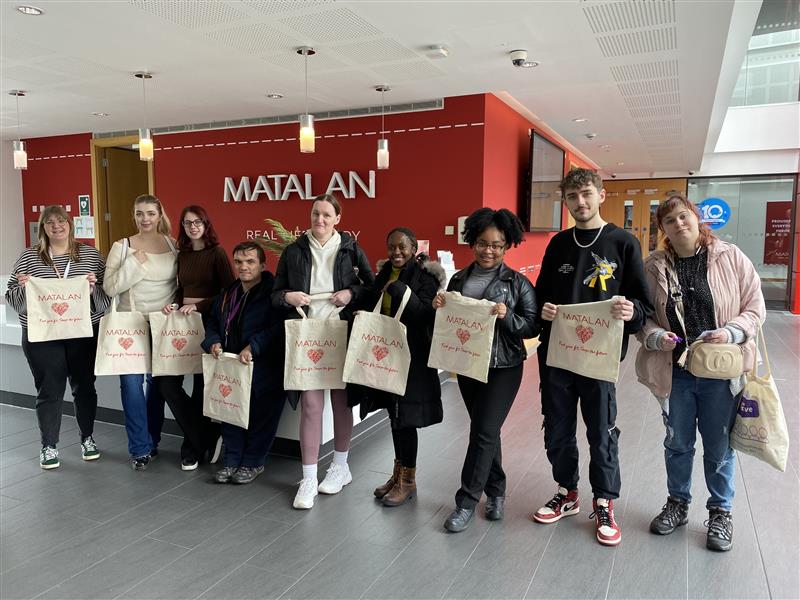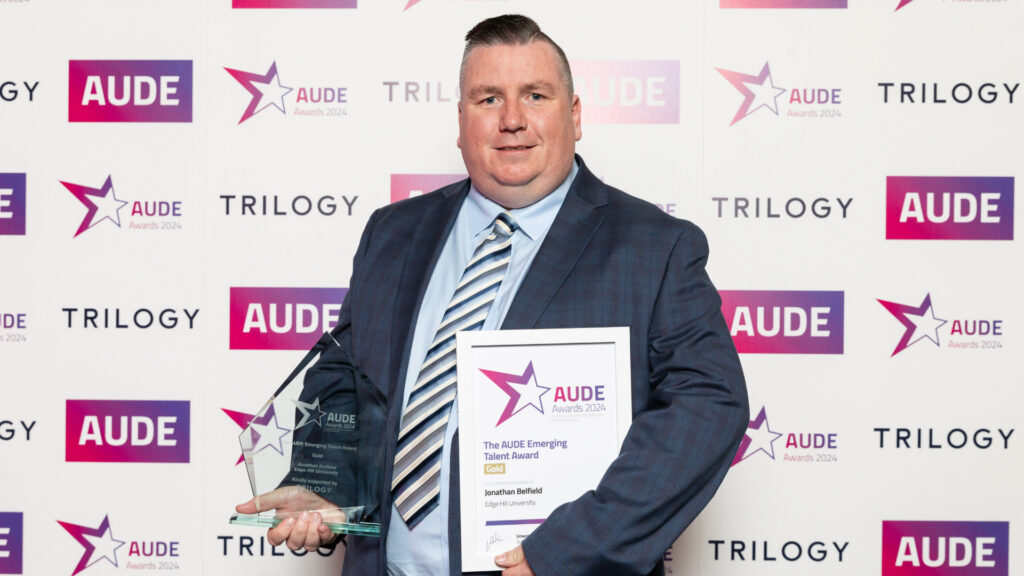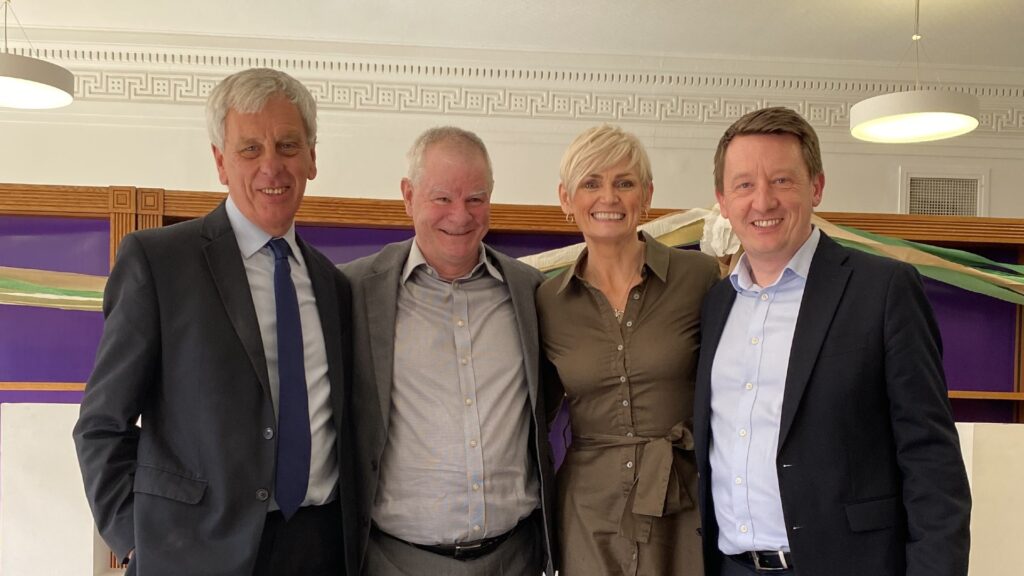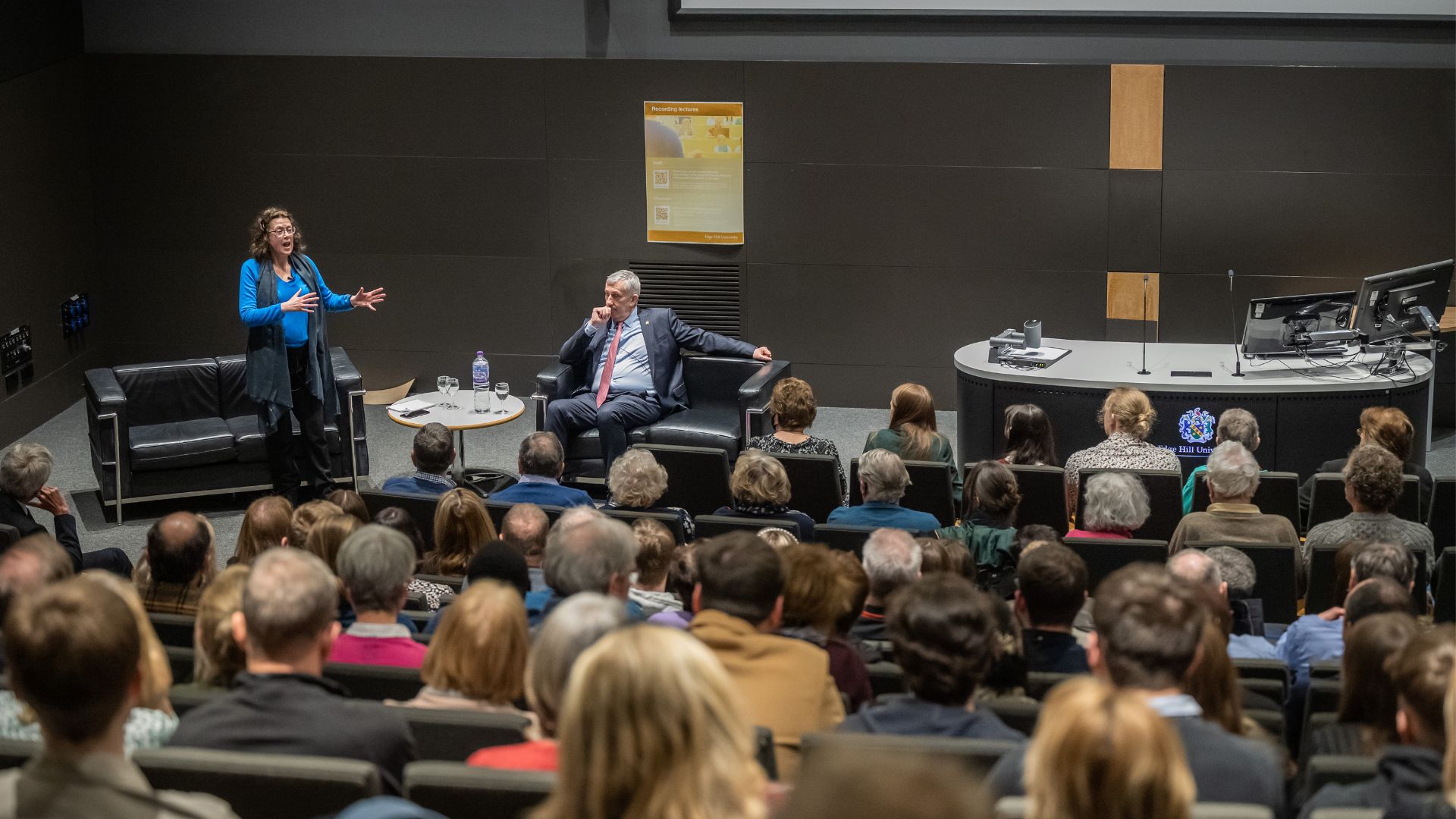
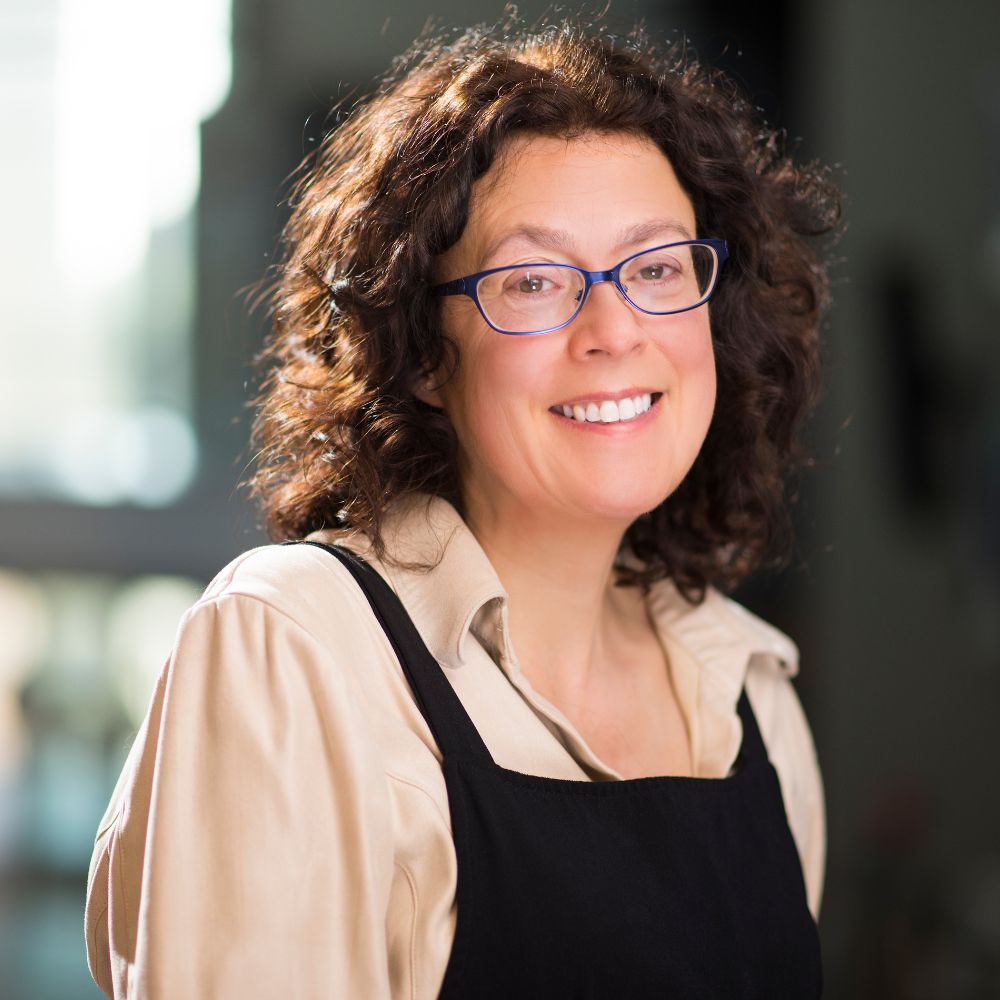
This year we have added a single honours Politics & International Relations degree to our portfolio for students starting with us in 2024. We caught up with Paula Keaveney, Senior Lecturer and Programme Leader in Politics at Edge Hill to find out how she became interested in Politics and why so many people are choosing to study this subject at degree level.
Paula has a passion for the subject area and has been involved in Politics since 1981 when she joined a political party at University. Paula’s academic background and wealth of experience ensures our degree programmes combine the theory and the real world aspects of politics.
People sometimes think politics is boring but actually it is about all the decisions that affect our lives – from the tiny ones about local stuff right up to the big international ones about peace agreements.
Can you tell us about your career background and how you came to be at Edge Hill.
I have a degree in Philosophy and Politics which I followed up by training to be a radio journalist. I then worked for the BBC in local radio (including here in Lancashire). After a while reporting the news, producing programmes and sometimes reading the news, I moved to London to work in Public Relations for some national charities. I then went to Mali to write about Save the Children’s work and to Vietnam to help with some filming. After a while I ended up back in the North West, saw a job at Edge Hill and applied. I started here as a Lecturer in Public Relations but then moved across to set up Politics teaching.
I am an election observer, which means I have been to some really interesting places, like Uzbekistan, to observe and report on the election. Since 1982 I have been standing in elections for local government, Parliament and the European Parliament. I was on Liverpool City Council for a while, becoming the leader of the opposition at one point. So my politics experience is very practical indeed. I have a particular interest in analysing speeches by politicians as well as studying how Parliaments work.
Highlights of your career / teaching career.
There’s a biggie. My first time as a national election candidate in 1997, was a thrill.
I like doing media interviews so it’s great to be able to talk about politics on behalf of Edge Hill to a wider audience. I particularly enjoyed hosting and questioning speaker of the House of Commons, Sir Lindsay Hoyle at one of our public events.
In terms of teaching, there are too many highlights to mention. Graduation ceremonies are my favourite time of the year – great to see students’ achievements recognised.
What are your specialist research areas and how can students get involved.
I research the UK Parliament and how people engage with it. This helps Edge Hill students greatly, as we encourage students to engage themselves, and in fact we have sent in evidence to Select Committees which has been published. I also research political communications and elections and voting systems.
Why do you think Politics is becoming a popular subject area to study?
Politics is so changeable these days and so important that it is becoming more attractive as a topic to focus on. It is great to see increasing numbers of young people showing an interest – either by doing an A Level or by getting involved.
We know there is an increasing interest in the subject. But we also know that the skills we cover are highly transferable, so there is a value in Politics degrees even if the student doesn’t end up as a politician.

It is so important to understand how the world works and how to change it (if you want to). Politics and International Relations as a subject gives people a real chance to do both of those things.
What are the benefits to the “International Relations” element of our Politics degree?
Huge benefits. Look at the big issues today – migration, war in Ukraine, climate change. Responding to these is not something that can be done within national borders. What other countries do affects us here and vice versa. So understanding the politics of other countries, and understanding how nations relate to each other and how things like the United Nations work is important.
Knowing about the world outside the UK is also very useful career wise. And when you consider that on our Politics and International Relations degree you can also learn a language, it’s easy to see how it all fits together.
What are the benefits of studying Politics at Edge Hill University?
At Edge Hill, our degree content is as real world as possible. That means projects linked to real political organisations, it means guest speakers and visits (for example the Scottish Parliament, the Labour Conference, Westminster). Staff are well connected and so can put students in touch with politicians and others in that environment. And we have a good range of expertise and experience with staff involved in expert networks from international law to the ins and outs of local government.
What transferable skills will Politics students gain?
Loads. We cover a multitude of writing styles – you can learn how to write a speech as well as an essay, a policy report as well as a literature review. Students on our courses currently have had articles and podcasts published, have engaged with Select Committees and have suggested topics for Parliamentary questions. We hold debates and co organise events. These all build the key skills employers are looking for.
Edge Hill graduates have gone on to work for MPs, for charities (in Public Affairs roles), for the Houses of Parliament, in journalism, in Public Relations, for trade bodies and so on. Some have gone into teaching. Others have taken on further study and aspire to be the political researchers of the future.
Top tips for students thinking about studying Politics.
- Be curious.
- Read the news and think about why people do or say what they do.
- Don’t ignore international stories.
- Follow politicians on Twitter.
- We don’t do set textbooks. Read political biographies or autobiographies to get ready.
- Don’t be afraid to ask your MP if you can shadow them or do work experience.
- Sign up for email bulletins from your favourite party, from think tanks and from media commentators.
- But above all – ask questions.
March 15, 2023
